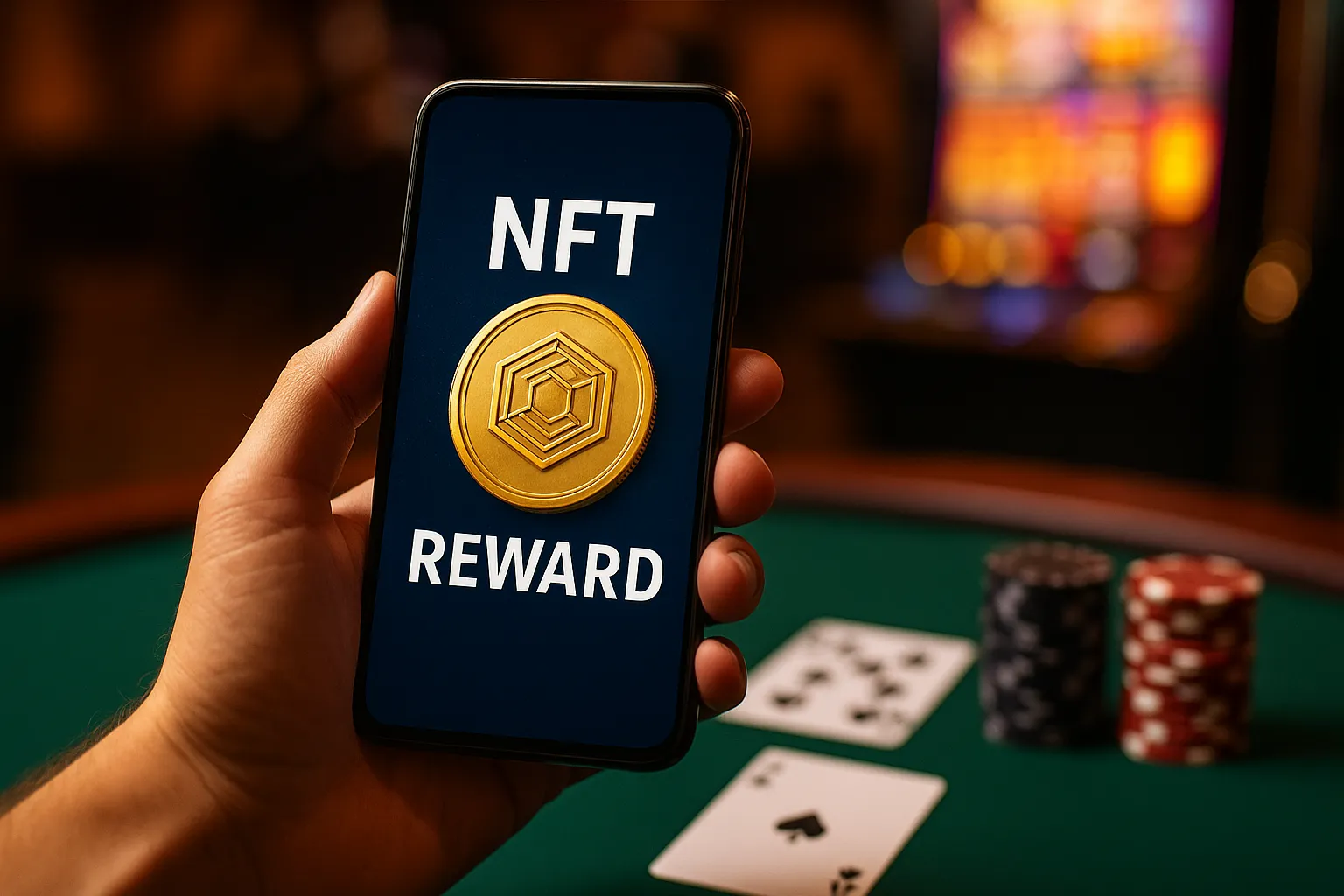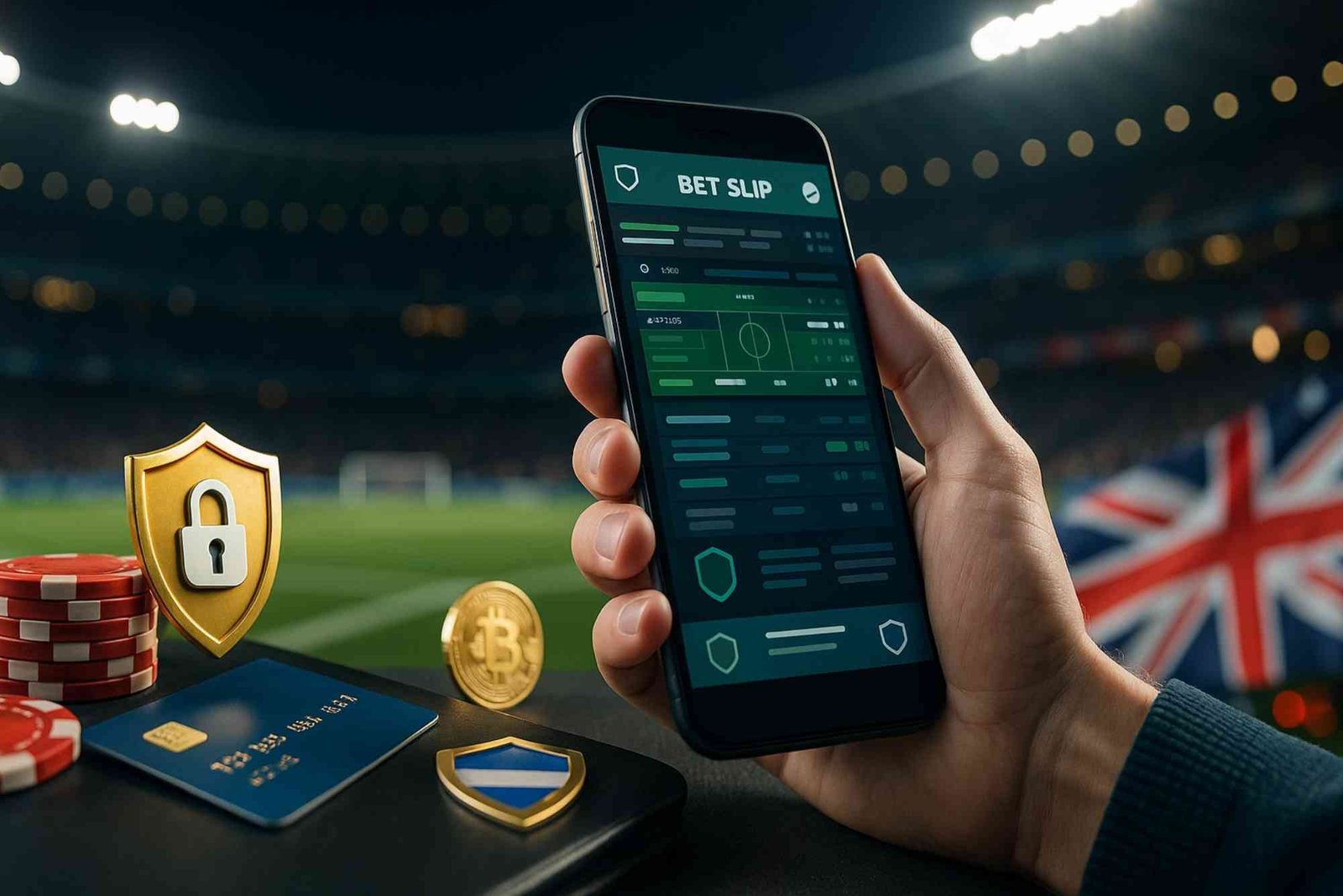In recent years, non-fungible tokens (NFTs) have surged from niche blockchain curiosities to mainstream digital assets. Beyond digital art and collectibles, NFTs are carving out a unique space in the world of online casino gaming. By tying exclusive rewards, special access, and verifiable ownership to NFT tokens, casinos are exploring innovative ways to engage players and build loyalty. In this article, I’ll draw on my experiences exploring NFT marketplaces, conversations with casino operators testing these tokens, and real-world examples to explain what NFTs bring to casino rewards—and why they might reshape the industry.
What Are NFTs and Why Casinos Are Interested
NFTs are distinct digital assets recorded on a blockchain, each carrying a unique identifier that proves authenticity and ownership. Unlike cryptocurrencies such as Bitcoin or Ethereum, which are fungible and interchangeable, NFTs represent one-of-a-kind items—whether that’s a piece of art, a video clip, or even a virtual property. In the context of online casinos, NFTs can encompass many types of digital rewards: limited-edition avatars, access passes to VIP tournaments, or even fractional ownership in exclusive jackpot pools.
My first introduction to NFTs came through an art auction last year, where a simple GIF sold for six figures. The same principle applies when casinos mint NFT-based rewards: players receive something exclusive and scarce. This scarcity builds excitement because, by definition, no two NFTs are identical. When a casino advertises “mint your own Golden Poker Chip NFT,” it’s tapping into that collector mentality. Participants recognize that once the limited supply is gone, they can’t get the same token again.
How Casinos Are Using NFT Rewards in Practice
Since late 2024, a handful of pioneering casino platforms have integrated NFT drops into their loyalty programs. In these models, players earn NFT tokens instead of—or alongside—traditional points. That approach is already influencing player behavior in two key ways.
First, owning an NFT in a casino ecosystem often unlocks tangible perks. For example, a “Diamond Slot Spinner” NFT might grant priority access to new slot releases, bonus multipliers on specific games, or invitations to invitation-only tournaments. That layered reward structure goes beyond a simple cashback rebate; it creates an exclusive community. For the most engaged players, holding certain NFTs signals status, much like carrying a high-tier membership card at a luxury hotel.
Second, NFTs enable secondary-market trading. Suppose you participate in a casino’s NFT sale and secure a “Legendary Roulette Wheel” token. If you later decide you no longer need its perks, you can list it on an NFT marketplace for someone else to buy. That open marketplace turns rewards into tradable commodities. Interestingly, some NFT-holding players have managed to recoup their initial deposits simply by selling rare tokens at a premium, especially if those tokens offer time-limited benefits.
As casinos experiment, many blending of traditional casino mechanics with blockchain principles emerge. In certain Asian-facing platforms, I discovered “Mystery NFT Boxes” dispensed randomly upon reaching weekly wagering thresholds. Unbox too many “Bronze” tier NFTs, and you might combine them to form a “Silver” NFT—think of it as a digital breeding mechanic. These “Silver” tokens then unlock even better incentives, such as personalized cashback rates. The gamification resonates deeply with players who relish both chance-based rewards and the ability to visibly progress up a digital hierarchy.
Integration with Sports Betting: Casinos expanding into sports wagering may leverage NFTs to bridge the two verticals. For instance, “Sports Betting VIP Pass” NFTs could grant waived fees on certain bets or early access to prop wagers for major matches. This crossover becomes particularly intriguing for punters exploring “UK sports betting sites not on GamStop”, where NFT promotions can draw interest by offering benefits outside GamStop’s self-exclusion framework. By providing crypto-based NFT rewards, these operators can cater to punters seeking greater flexibility.
The Appeal of NFT-Based Rewards for Players and Operators
From a player’s perspective, NFT rewards offer novelty and ownership. Even if you rarely trade on NFT marketplaces, there’s a psychological thrill in seeing a token in your wallet that is verified and immutable. When I showed a few friends their first “Casino King” NFT—complete with a king-of-spades avatar and golden crown—they felt a sense of pride. Owning something unique, even if it has no practical use beyond bragging rights, taps into our natural desire to collect and display.
For operators, NFTs can deepen engagement and reduce churn. Traditional loyalty points typically have no value outside the casino’s ecosystem. If a player decides to switch platforms, all those accumulated points vanish. NFTs, however, reside on public blockchains. Even if you depart from Casino A, you still own your tokens and can trade them elsewhere. That continuity encourages players to invest real-world money into acquiring NFTs, knowing they won’t disappear if they switch apps or if the casino rebalances its loyalty program.
Beyond retention, NFTs can open new revenue streams. Some casinos charge a small fee for minting NFTs—say $5 per mint. If a platform mints 10,000 tokens in a promotion, that’s $50,000 in immediate revenue. Moreover, operators often embed a royalty clause in each NFT smart contract. This means when a token trades on a secondary market, the casino earns a tiny percentage—perhaps 2–5 percent—each time ownership changes. Over months, these royalties can add up, particularly for highly sought-after tokens.
Real-World Examples of NFTs in Casino Rewards
Several platforms have already blazed trails in this space:
One European crypto casino introduced “Golden Slot NFTs” early in 2025. Players qualified by meeting a modest wagering requirement in Bitcoin or Ethereum. Once unlocked, the NFT granted 20 free spins in the casino’s newest progressive jackpot slot. Only 500 tokens were minted, and within two weeks, they were all claimed. On secondary marketplaces, resellers listed those NFTs for up to $150 each—nearly three times the original cost. In essence, some players successfully leveraged the token sale to earn profits even before playing a single free spin.
In Asia, a mobile casino app launched an NFT-based leaderboard contest. Every $10 wagered gave you a chance to win a “Dragon’s Eye” NFT. At the end of each month, NFT holders could exchange their tokens for tiered prizes: “Bronze Dragon’s Eye” for small slot bonuses, “Silver Dragon’s Eye” for entry to exclusive live dealer tournaments, and “Gold Dragon’s Eye” for a share of a massive crypto jackpot. That tiered model fueled a mini-economy: players traded lower-tier NFTs to chase the rarer ones. The casino reported a 40 percent uptick in monthly active users after introducing this system.
In the United States, where regulations are stricter, some operators have taken a more cautious approach. A Nevada-based online sportsbook experimented with branded NFT “Collectible Tickets.” Each purchased ticket offered entry to a Super Bowl viewing party or an invitation to a VIP sports event. While these NFTs didn’t confer direct gambling perks, they bridged the gap between sports betting and real-life experiences. Given that NFT ownership is transparent, no player could falsely claim extra entries. That trustless verification streamlined the promotion’s logistics and heightened the sense of exclusivity.
Challenges and Considerations for Casino NFT Programs
Despite the potential, integrating NFTs into casino ecosystems presents challenges. First is the question of regulation. In jurisdictions where online gambling is tightly controlled, these digital tokens can blur the line between gambling and securities. Some regulators worry that if an NFT’s value appreciates on secondary markets, it may be considered an investment contract—which could require licensing and compliance measures beyond typical casino operations. Operators must navigate evolving legal landscapes to ensure they don’t inadvertently run afoul of securities laws.
Second, the environmental impact of certain blockchains cannot be ignored. Ethereum, until its 2022 merge to Proof of Stake, consumed significant electricity. Some players voiced concerns that minting and trading NFTs contributed to carbon emissions. Progressive casinos have addressed this by migrating to greener chains, like Solana or Polygon, which have much lower energy footprints. Still, educating players about these technical nuances remains essential to avoid reputational damage.
User experience is another focal point. For many casual gamblers, the concept of linking a crypto wallet to a casino account feels intimidating. If the NFT minting process involves multiple steps (installing a wallet extension, purchasing gas tokens, and signing transactions), non-technical players might get discouraged. Therefore, platforms need to streamline onboarding. Some have built custodial wallets to abstract the blockchain complexity, allowing users to claim NFTs without worrying about private keys—though at the expense of true self-custody.
Lastly, fluctuating NFT market prices can breed volatility. A token that initially grants a $100 value in perks might trade for only $20 a month later if player interest wanes. That unpredictability can affect perceived value. Some savvy players monitor floor prices on marketplaces and decide whether to hold or sell based on secondary market trends rather than actual gaming rewards. Casinos must balance token scarcity with ongoing demand to prevent deflationary dynamics that undermine the reward’s appeal.
Future Outlook: How NFTs Could Redefine Casino Rewards
Looking ahead, I see several trends shaping the next wave of casino NFT integration:
Cross-Platform NFT Economies: Imagine a scenario where your NFT rewards work across multiple casinos. For instance, a “Vault Key” NFT earned at Casino A might unlock exclusive blackjack tables at Casino B. By collaborating on shared NFT standards, operators can create broader player networks, increasing liquidity and reinforcing loyalty across an ecosystem rather than a single brand.
Fractionalized Jackpot Pools: NFTs could represent fractional shares in progressive jackpots. Suppose a casino mints 1,000 “Jackpot Slice” NFTs, each representing 0.1 percent of the pool. When the jackpot hits, holders automatically receive their share pro rata. That model democratizes access to large jackpots, as players can stake smaller sums to partake in high-stakes prize pools. It’s reminiscent of lottery syndicates but with transparent blockchain tracking.
Gamified NFT Collections: Beyond utilitarian perks, casinos might launch collectible NFT series tied to real-world events. For example, commemorative NFTs celebrating major sporting events—Super Bowl, UEFA finals, or Wimbledon—could carry changing values based on match outcomes. Winning teams or players could trigger upgradeable NFTs, creating dynamic token evolution. Players who collect a complete set might earn bonus credits or unlock special tournaments.
Integration with Metaverse Casinos: As metaverse platforms like Decentraland and The Sandbox evolve, virtual casinos are already cropping up inside these digital worlds. NFTs will be pivotal here: virtual real estate parcels housing digital poker rooms, NFT-based avatars that earn rewards by tipping dealers, or 3D NFT display cases showcasing a player’s rare tokens. When your digital avatar walks into a metaverse casino, they might see your “Crown of Aces” NFT floating above your head, signaling your status to others.
Final Thoughts
NFTs are still in their early stages within the casino industry, but the signs are clear: their capacity to confer genuine ownership, scarcity, and tradable value makes them powerful tools for player engagement. When casinos design NFT rewards thoughtfully—balancing exclusivity with accessibility and ensuring compliance with regulations—they can foster deeper loyalty, create new revenue channels, and craft memorable experiences that resonate beyond simple point accumulations.
Yet success hinges on seamless execution. Platforms that overcomplicate onboarding or ignore secondary-market dynamics risk disillusioning players. The most forward-thinking casinos will simplify the NFT experience, educate users about blockchain implications, and partner with eco-friendly networks to minimize environmental concerns. As we venture further into 2025 and beyond, I anticipate richer NFT ecosystems, cross-casino collaborations, and deeper integration with virtual worlds. The journey has just begun, but one thing is certain: NFTs are poised to transform how we perceive and value online casino rewards.




